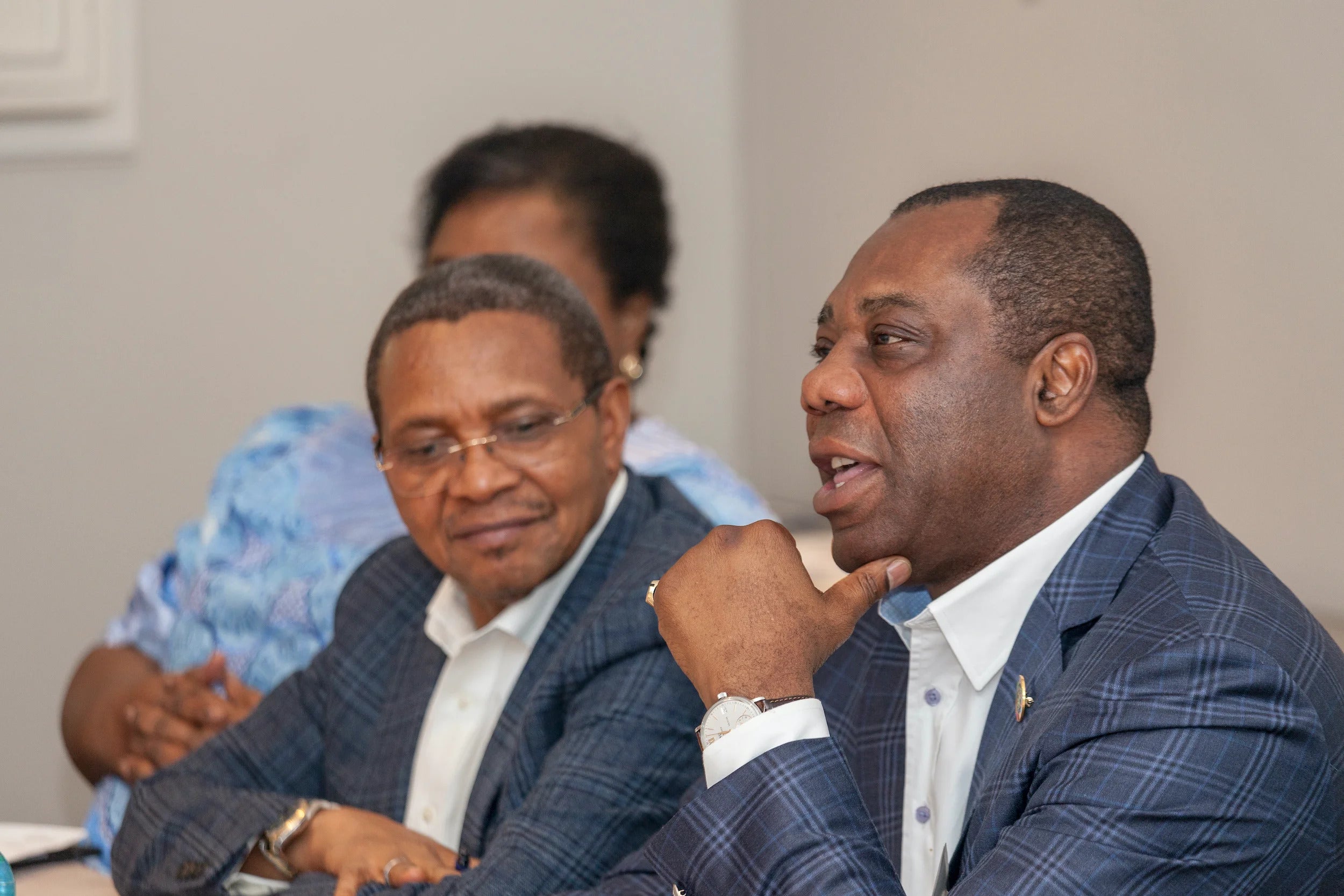Education reform is always challenging mainly because of the deeply vested interests of stake holders, such as teacher unions and professional associations, as well as parent-teacher associations. Because education is something most people care about, it is also a political hot button issue. This is true of Ghana and successive presidential administrations over the past two decades have committed to education reform with varying degrees of success. While Ghana was one of the first nations in Africa to institute free universal primary school education, admission to secondary school was restricted historically by the fact that secondary schools are mostly private fee-based institutions. The administration of President Nana Akufo-Addo committed to change that by making free secondary school a principal policy goal.
When the President tapped Matthew Opoku Prempeh, a parliamentarian of longstanding, to be Education Minister his friends and supporters worried the assignment would be a political ‘kiss of death.’ A medical doctor by training, Matthew Prempeh may have been more suited to the health portfolio. When Minister Prempeh was invited as part of the June 2017 cohort of Ministers to participate in the annual Harvard Ministerial Leadership Forum, he came to Harvard with a clear understanding of his mandate, but in a quandary about how to achieve it.
Minister Prempeh has testified that his time at Harvard gave him opportunity to get perspective on the apparent impediments to his primary goal and the tools to put together a road map for how he would get there. Minister Prempeh has said that perhaps the most important advice he got at Harvard was to put in place a highly competent leadership team. Three years later, impediments like inadequate school infrastructure, ill-equipped teachers and initial union resistance notwithstanding, secondary school enrollment has increased from 57% of primary school leavers in 2012 to near 80 percent currently. Key to progress has been Minister Prempeh’s open door policy toward all stakeholders. But enrollment was only part of the challenge, the other was improving the quality of education and the nation’s historically poor learning outcomes.
A cornerstone of the Minister’s plan developed at Harvard was reform of the pre-tertiary curriculum from an objective-based to stardards-based approach, and re-licensing for teachers. Such ambitious reforms would normally have run into stiff opposition from teachers’ unions. Minister Prempeh recognized this as a flaw in past education reform efforts and from the outset instituted an ‘open door’ policy toward all stakeholders winning over support from teacher unions and parent teacher associations.
In recognition of Minister Prempeh’s historic achievements, the Ministerial Program has awarded the Minister its annual Harvard Ministerial Medal of Achievement. During a virtual hand-over of the Medal, Ministerial Program Executive Director, Michael Sinclair said the award is made in recognition of the Minister’s “clarity of purpose” and unwavering “leadership commitment.”
Former Zimbabwean Education Minister, Dzingai Mutumbuka, said of Minister Prempeh, “Matthew came to the Ministry with an open mind. Instead of rushing head-on, he took time to study the strengths and weaknesses of the Ministry and quickly identified the biggest challenges—poor learning outcomes. He studied why Ministers had failed in implementing such reforms in the past.”
Mutumbuka added, “A savvy politician, Matthew established a communication strategy to inform all stakeholders why the Ministry was implementing the new curriculum. Ghana’s reforms are likely to succeed because the Minister has paid attention to both substance and process.”
Interview with the Hon. Matthew Opoku Prempeh, Minister of Education, Ghana


